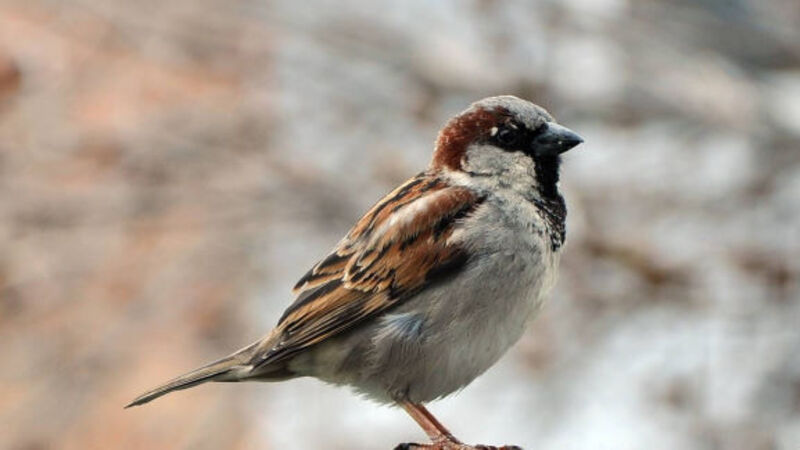Richard Collins: Sparrow - survivor of Mao’s great purge

Although Mao’s crude attack didn’t succeed, tree sparrows are vulnerable, as their roller-coaster history in Ireland shows, writes
This year marks the sixtieth anniversary of Mao Zedong’s ‘Kill a Sparrow’ campaign. It’s also 20 years since the death of the biologist who persuaded him to halt it.













